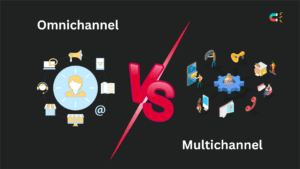

10 Reasons Why Your Customer Acquisition Strategy is Failing
Discover why your customer acquisition strategy is failing and learn actionable solutions to turn it around. Explore common pitfalls and effective tactics to attract, retain, and convert prospects into loyal customers for sustainable business growth.








